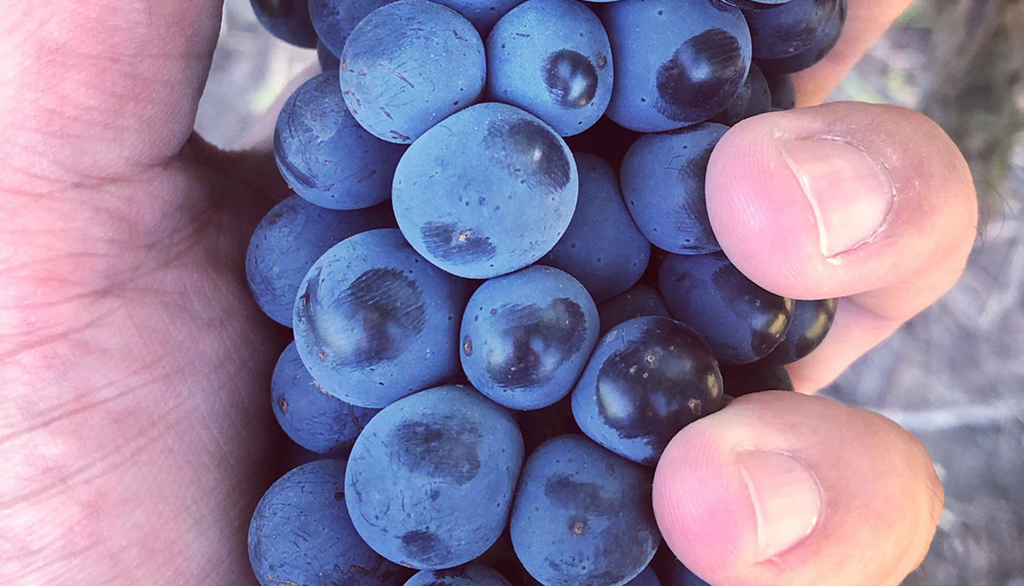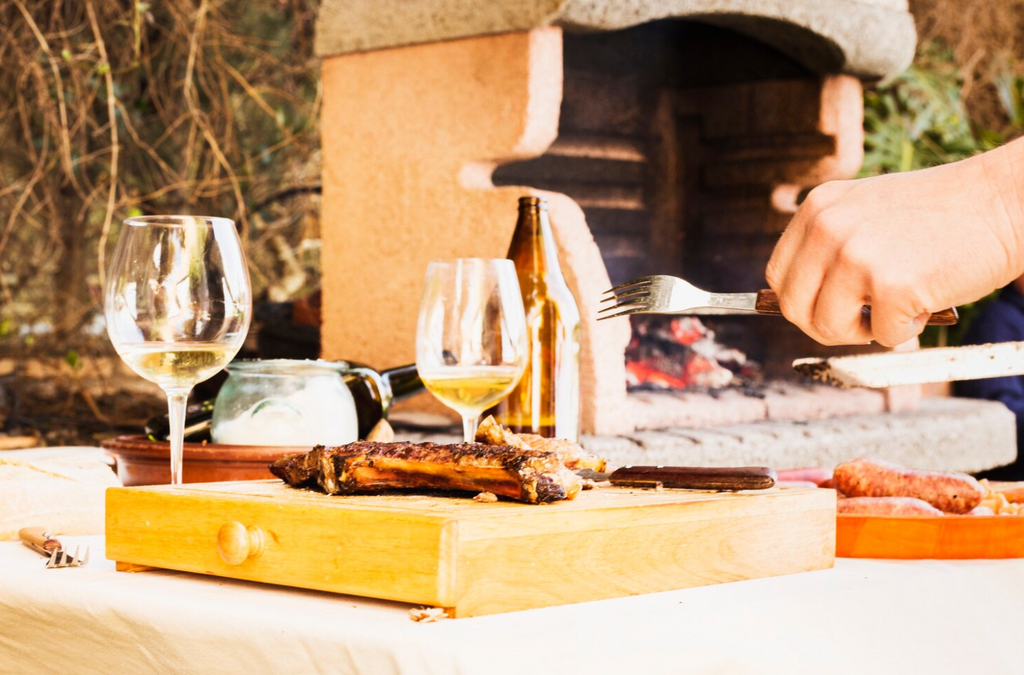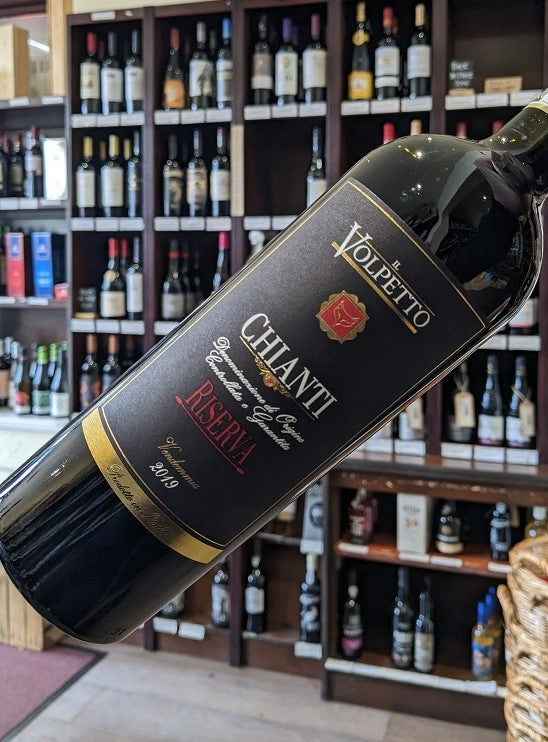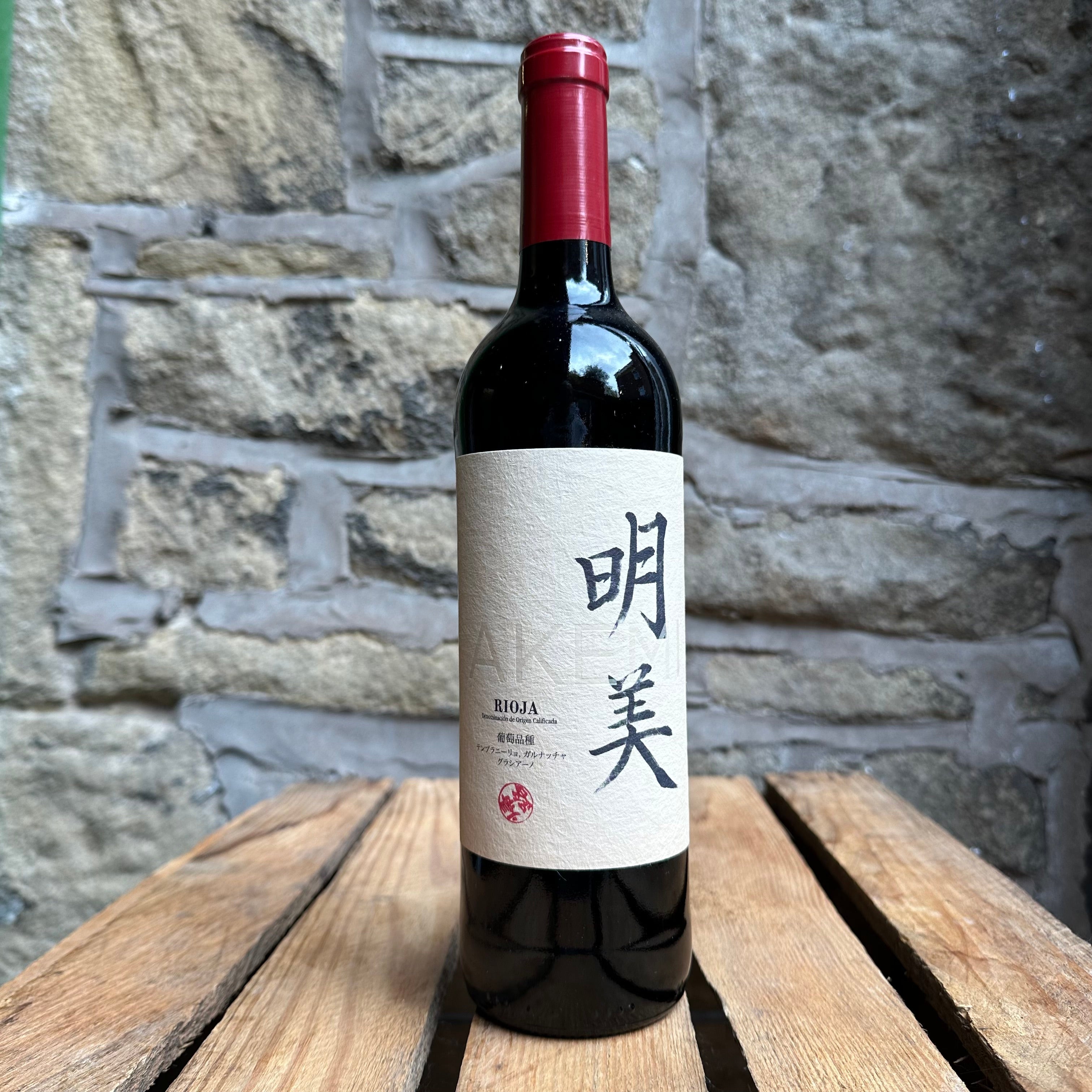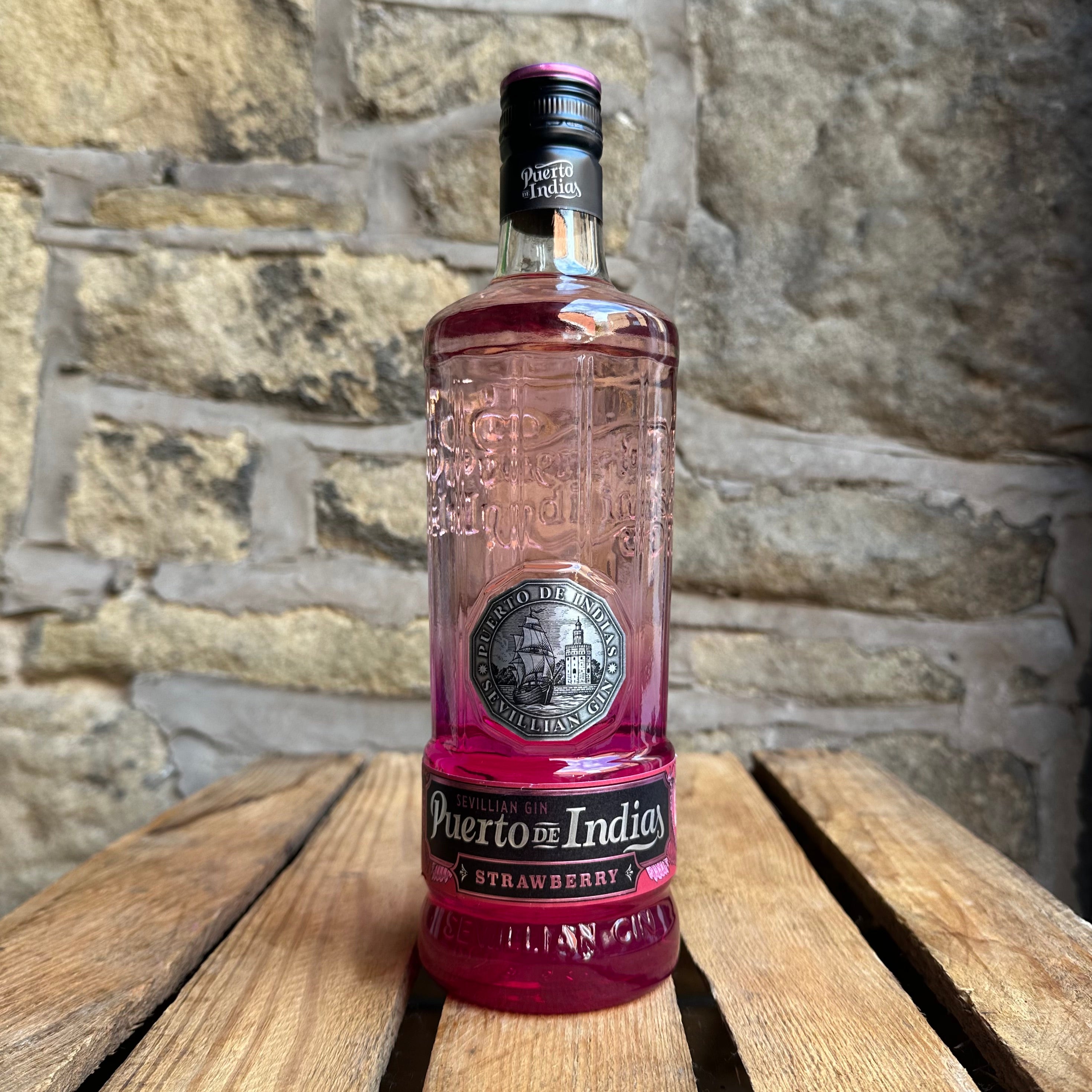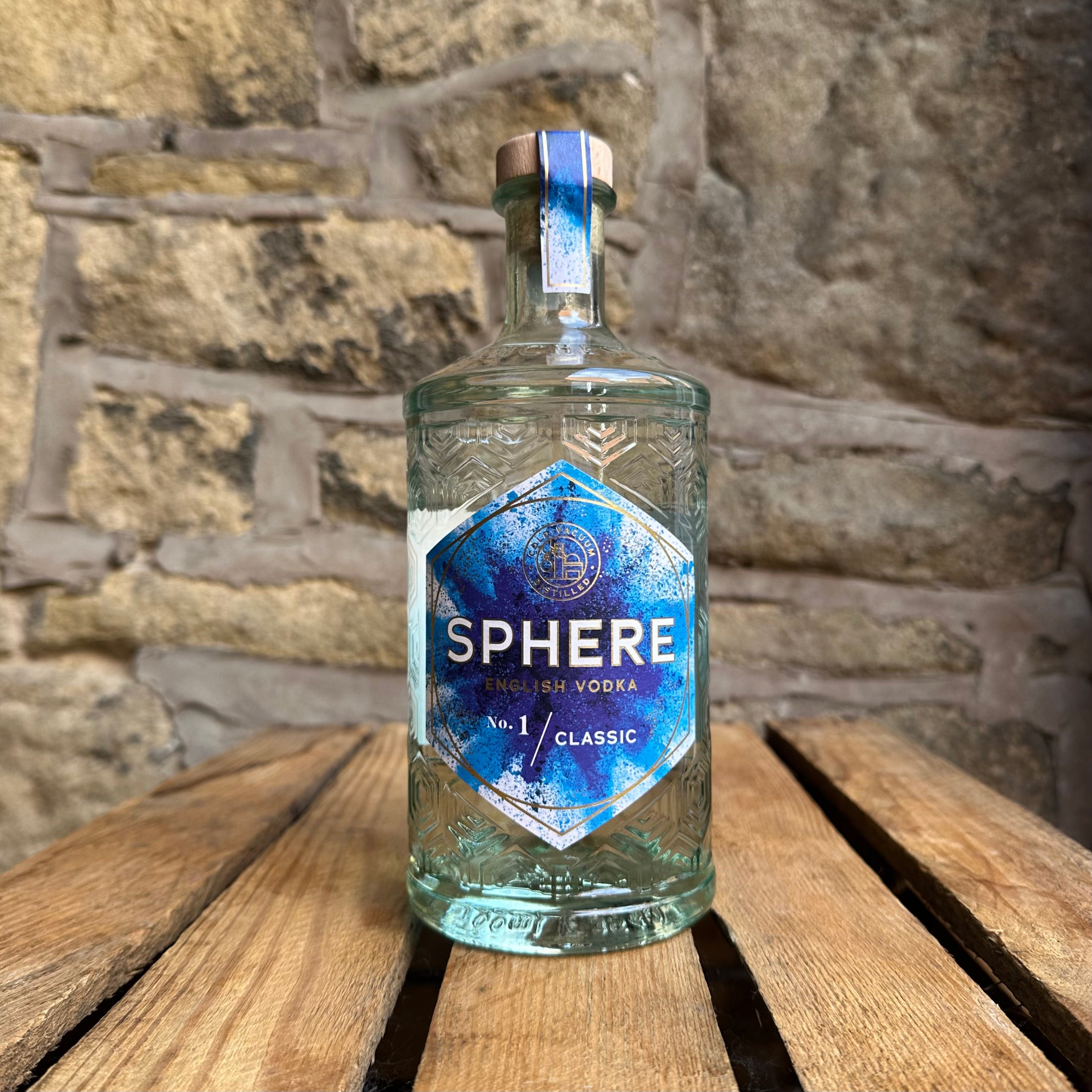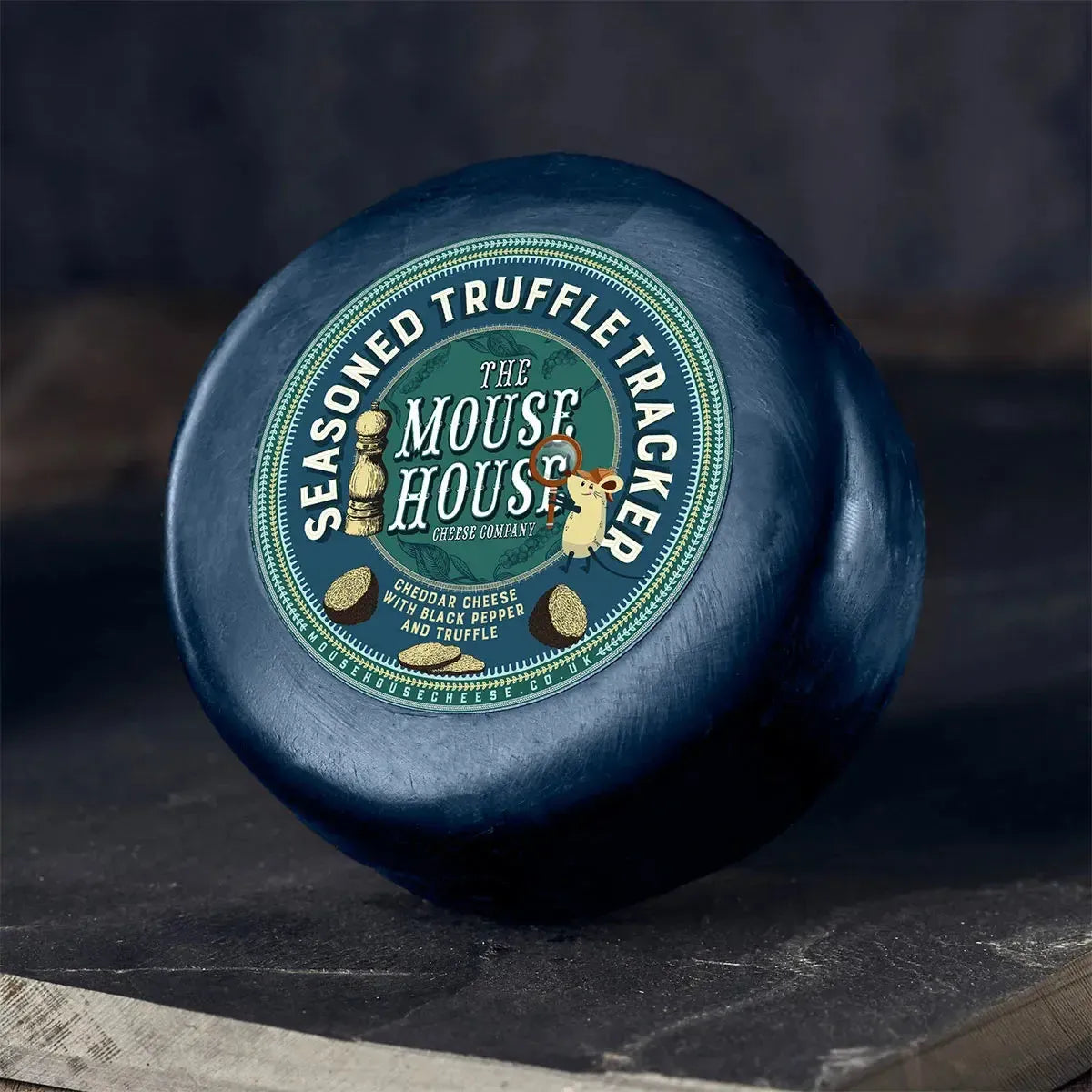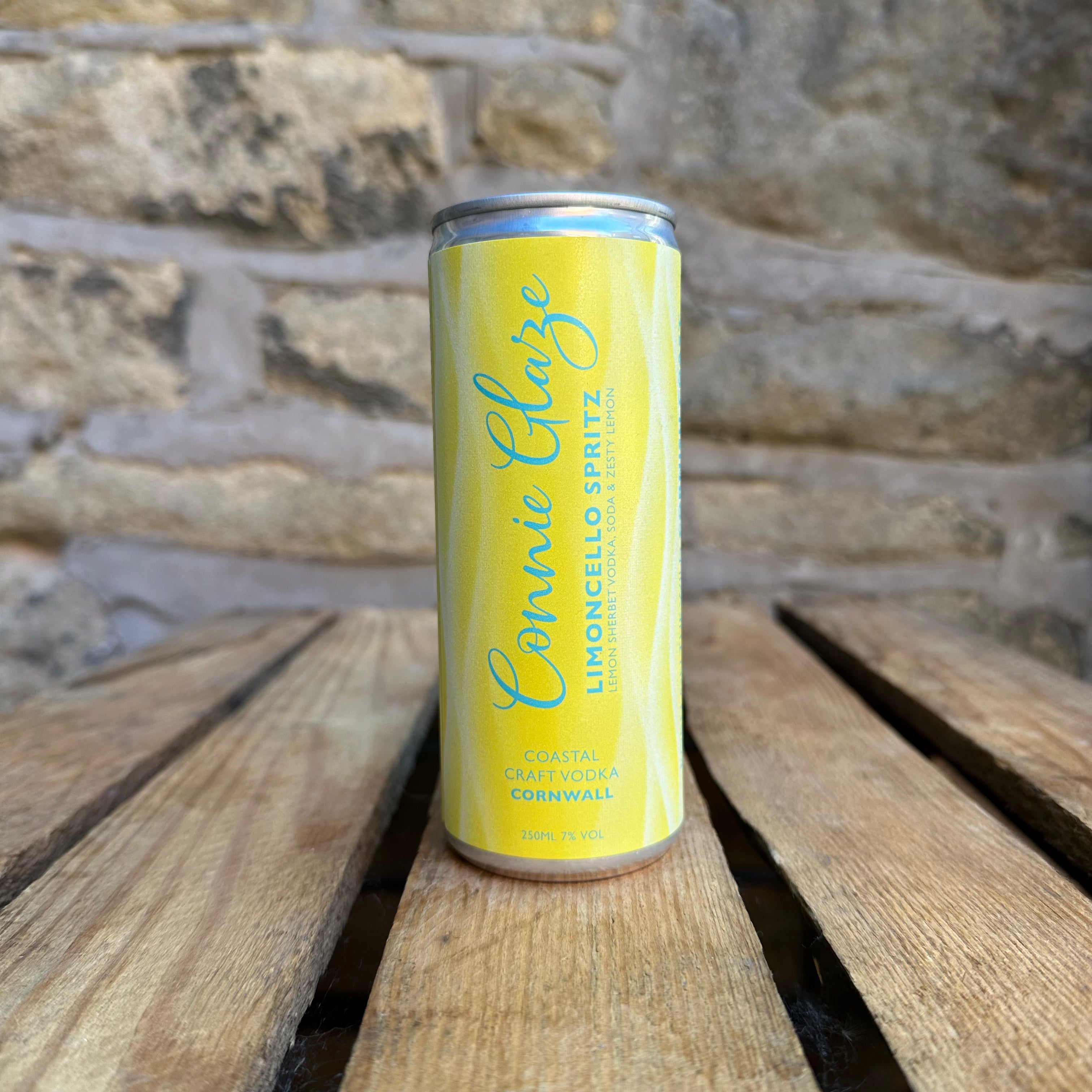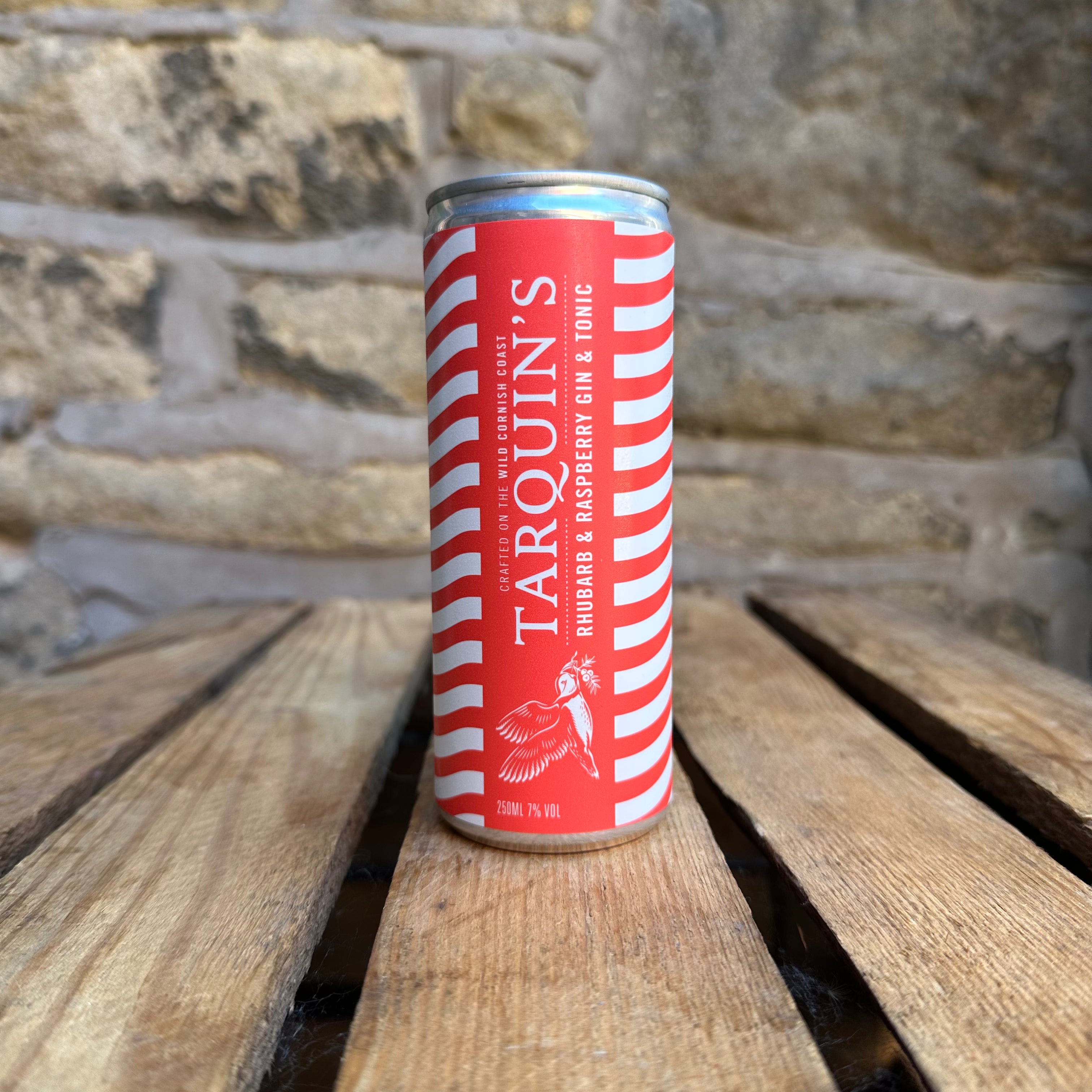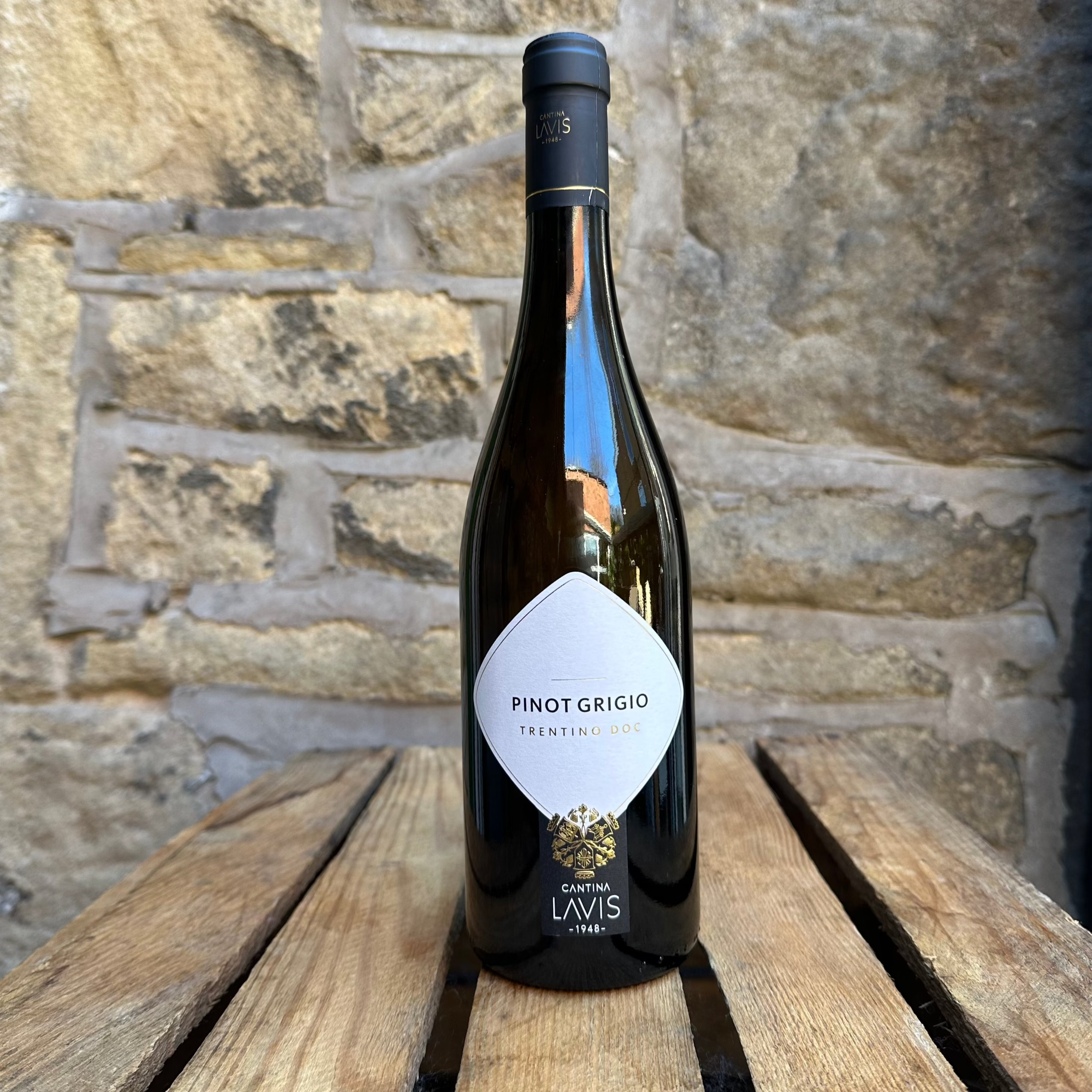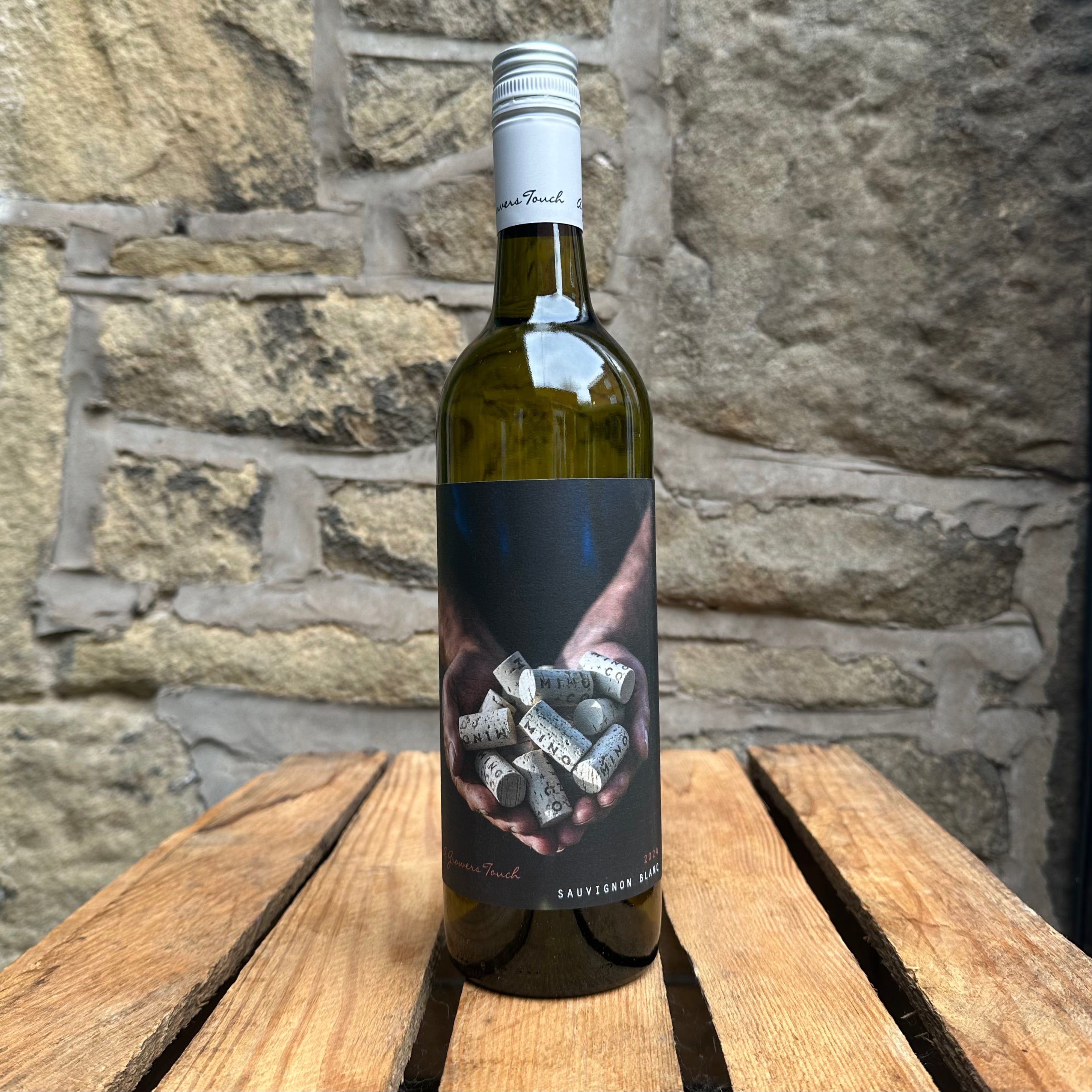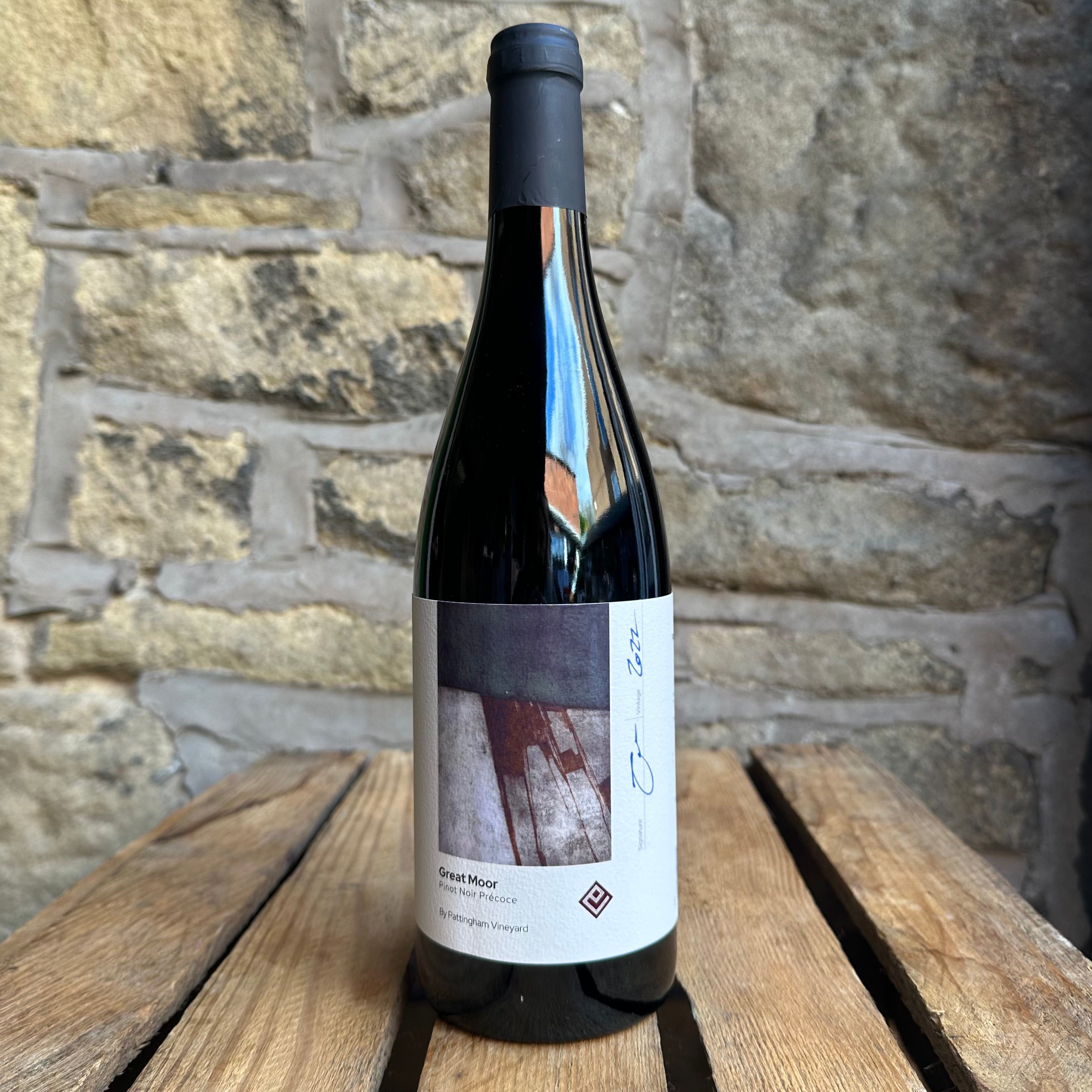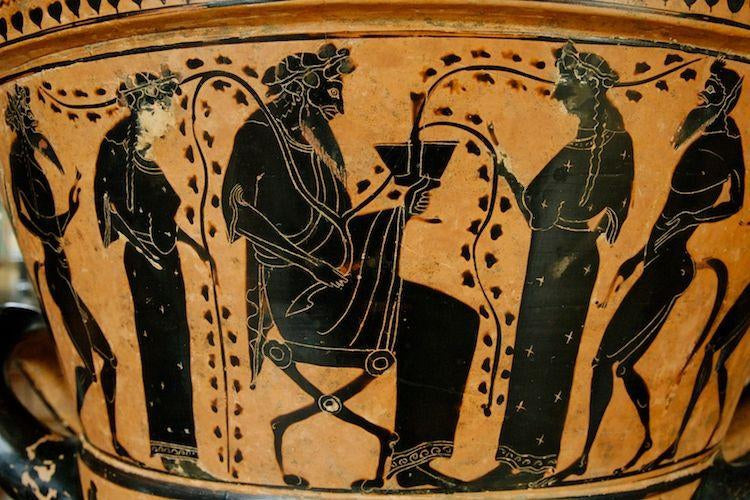
Wines of Greece

Take one look at Greek history and it is evident that wine has been intertwined in cultural life since ancient times. With this wealth of historical knowledge and a determination to embrace winemaking even through the toughest of times, Greece has re-established its place in the international market. We explore this history and profile a range of modern wines that retain traditional pride.
There is evidence of grapevines in ancient Greece from the 5th millennium BC and some of the earliest evidence of winemaking there from the late Neolithic period and domestic cultivation rife during the Bronze Age. The growth in production techniques and flourishing trade reaching a peak in 7th to 5th Century BC as part of the Roman Empire. The Romans embraced this element of culture during the eras of their long reign and one need to only glance at images in Greece to see that the ample flow of wine was adopted as a key marker of civilisation success. It was during this peak that the first wine laws and designated areas of origin were established, as well as the founding of "sommelier" as a profession. So much a part of life, wine had a place within religion. For instance, Dionysus adapted over the years to become a representation of 'evampelos' meaning "rich in vineyards" and was the God of wine and festivity. The influence of Greece in introducing winemaking into the later established Christian religion - its use within religious ceremonies and production by monasteries - cannot be underestimated.
Wine continued to flow throughout the following Greek-Roman eras until the reign of the Ottoman Empire from 1453 to 1821 meant that vineyards were destroyed and wine as part of cultural and social life was hindered. However, vineyards within monasteries were allowed to continue and was a key factor in allowing its re-establishment when Turk rule ended.
Greece found the initial Phylloxera outbreak an advantage when devastation in France in the late 19th Century led to an increase in exported wine, but Greek vines succumbed to the outbreak eventually. As with the rest of Europe, recovery was slow, but alongside technological advances, the re-establishment of designated wine origins and the determination and knowledge of key small wineries, Greece finally hit its modern wine renaissance in the 1970s.
This long history connecting wine to cultural traditions and identity is obvious in the excellent wines produced today. The majority use native, often ancient grapes with careful and experienced blending to achieve perfection. There is an importance amongst winemakers to preserve traditional varieties, whilst constantly improving on their profile with modern techniques that do not compromise quality.
The Gai'a Notios range hails from the hills of Nemea in the Peloponnese peninsula in southern Greece - a region littered with mountainous terrain, rugged plateaus and steep valleys that has hosted vitivulture since the Middle Ages. The main native grapes grown here are Agiorgitiko and Moschofilero which Gai'a Notios showcase in this collection.
Their red wine blends Agiorgitiko - providing intense fruit aromas and soft tannins - and Syrah - giving a rich and spicy character, structure and depth. The result is a youthful style of wine with refreshing, velvety texture and a vivacious palate showing fresh herbs, liquorice and summer pudding fruits. Gai'a Notios white blends Moschofilero - contributing vibrant, floral flavours - Roditis - imparting smooth citrus zest character - and a touch of Assyrtiko - delivering strength, complexity and crisp acidity. This wine shows a harmonious combination of exotic and floral tones with a zesty grapefruit, green apple and peach kernel character, and a very refreshing zesty finish. The Rose uses Agiorgitiko once more. Rapidly cooled and gently fined, a beautifully light-coloured wine is produced with luscious aromas of fruit and floral notes of rose petals. Pomegranate, cherry and strawberry flavours create a rounded palate with lifted crisp acidity and wild cherry notes on the finish.
Monemvasios Red hails from, you guessed it, Monemvasia. Hidden on a huge rock in the far southeast of the Peloponnese region, it sits alone in the sea with only a narrow bridge connecting it to the mainland. A Medieval town with winemaking harking back to its founding times, it became famed for its Malvasia sweet wine that became a staple recipe for dessert wines across Europe. This wine blends red grapes Agiorgitiko and Mavroudi, aged in new oak barrels for 12 months to bring forth a rich bouquet of black cherry and mocha that flows on to a velvety, rich palate with a sublimely long aftertaste.
Alpha Estate Turtles Single Vineyard Malagouzia from Florina, the coldest viticultural area of the country. The temperate climate and high altitude terroir of this mountainous terrain is complemented by four lakes, one of which (Petron Lake) faces this particular Alpha Estate vineyard which sits at an altitude of 670 metres. Named 'Turtles' due to its lush ecosystem that is an ancient nesting area for the local turtle species who live in harmony with the vineyards. Strong and lively on the nose, typical Malagouzia brings floral aromas, sweet spices and citrus with a note of honeysuckle. Crisp and complex with length and finesse, this wine shows the region and grape at its best.


